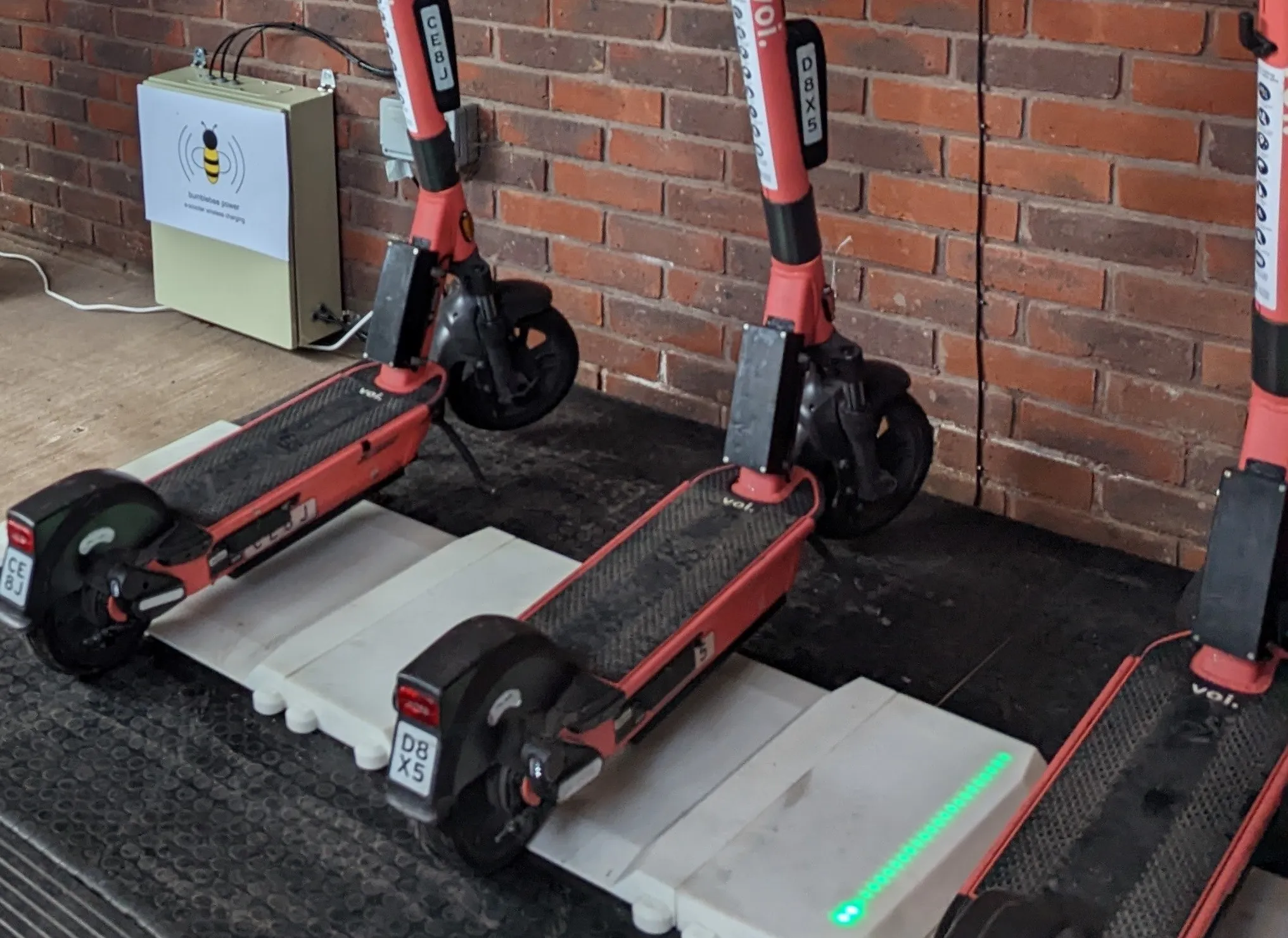
Transports Metropolitans de Barcelona (TMB) has launched the Metrolinera project, which enables people to recharge their electric vehicles - such as scooters - with kinetic energy recovered from the braking process of metro trains.
Nine modular cabinets that act as a battery recharging point are located in the Ciutadella–Vila Olímpica metro station.
TMB says the efficient use of energy and resources generated by the metro system itself addresses the increasing demand for recharging personal mobility vehicles.
The service has a fee for usage. An initial testing stage ran until 24 October for students at the Pompeu Fabra University (building next to the Ciutadella–Vila Olímpica station), who were able to try it out at no cost. The general public were also able to access the service during the trial with a 50% discount.
As from 24 October, the promotional service period came to an end and users can subscribe at the full price, except for members of the JoTMBé club, who will continue to benefit from a 50% discount.
The initiative started life as an internal challenge launched by TMBInnova among its workers. Adopting the slogan 'Station of the future', the challenge is for different teams of workers to come up with a solution to integrate leisure, connectivity, comfort and interaction at metro stations, improving user experience for the thousands of people who use the service every day.
This article was first published at Electric Vehicle Charging & Infrastructure








